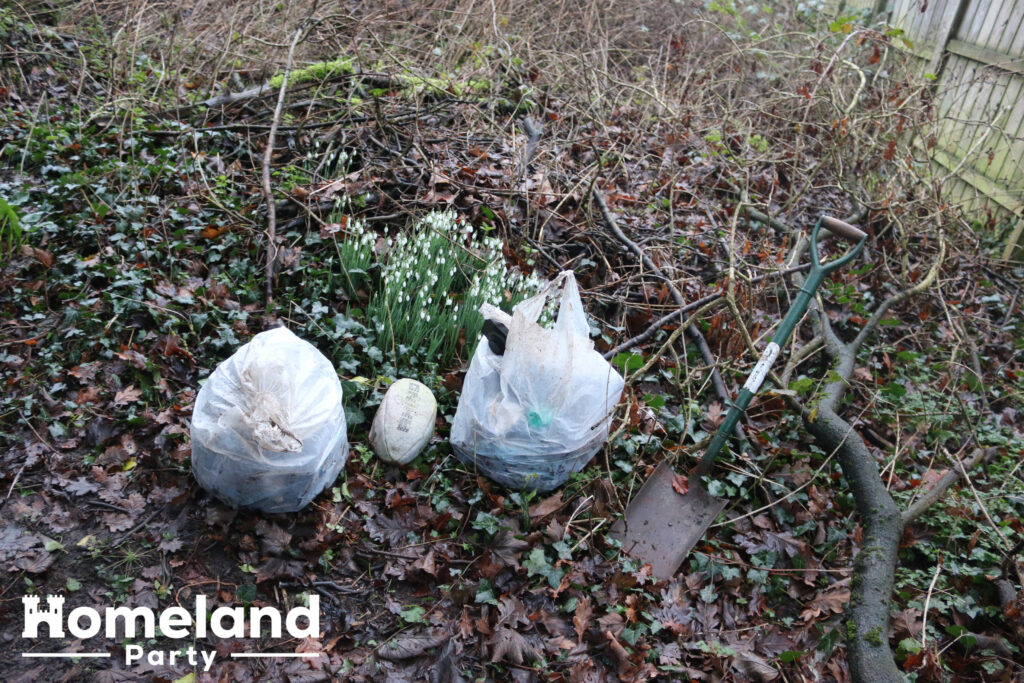In the past, integration was not an act of policy but a natural process. Slow, intimate, and often invisible, it happened through kinship, shared hardship, and a genuine desire to belong. It was not about entering legally but about joining spiritually. It was not about mere arrival but becoming part of a living people.
Today, many assume that what once worked can be repeated. They are wrong. The conditions that once made integration possible no longer exist.
The Huguenots
To understand how integration once succeeded (and why it now fails), we can look to the Huguenots, Protestant refugees who fled France in the 16th and 17th centuries. They arrived in small numbers, often highly skilled, and shared the Christian faith with their English hosts.
They did not demand separate institutions, translated documents, or cultural accommodations. They sought to join (not to change) the nation that sheltered them. They entered guilds, worshipped in English churches, learned the English tongue, and, crucially, married into English families.
That phrase, “married in,” is not a slogan. It is the only authentic form of integration. Not forced, not performative, but organic. A joining of blood, responsibility, and continuity. Over time, the Huguenots ceased to be distinguishable because they became English in life, love, and legacy.
This was only possible because the host culture was confident, dominant, and unapologetic. The newcomers were few, compatible, and willing to adapt. The state did not manufacture “inclusion” or preserve “difference.” The burden of adaptation falls where natural law demands it should be on the guest, not the host.
Over generations, this process resulted in assimilation, a genuine transformation into Englishness. You do not change ethnicity by paperwork or even by marriage alone. But with the right conditions, shared blood through intermarriage and birth, shared language, shared memory, and shared loyalties, children and grandchildren can become English. This is what happened with the Huguenots. Over time, their descendants were no longer guests but became English by blood, speech, and spirit.
Nationalism, properly understood, is rooted in jus sanguinis, which is the right of blood. The children of the Huguenots were English because they were born into English bloodlines and raised in English life. That path, however, is no longer open today. We no longer have the conditions, let alone the intent, to sustain such a transformation.
Why It Cannot Be Repeated Today
Now, contrast this with the present.
Modern immigration is not a trickle; it is a torrent. It is large, fast-moving, and often incompatible. Entire communities arrive en masse, creating parallel societies faster than integration can ever begin. The numbers alone prevent meaningful cultural absorption.
Worse still, the host culture is no longer confident. It is taught to apologise for itself. National pride is framed as prejudice. Tradition is treated as a museum relic. Religion is ridiculed or emptied of meaning. There is no gravitational centre for newcomers to orbit. Today’s immigrants retain emotional, economic, and political ties to their countries of origin. With remittances, satellite TV, dual citizenship, and culturally exclusive institutions, there is little incentive (or need) to become part of the nation. They are in the country, but not of it.
Meanwhile, the state no longer expects adaptation. Instead, it adapts to bilingual forms, cultural and religious exemptions. Integration has been replaced by managed fragmentation.
Cultural Continuity Requires Cultural Confidence
A culture cannot survive if it is ashamed of itself. And no one will integrate into something without a sense of its shape, rhythm, or worth.
We are told that integration can be programmed into existence with tolerance and paperwork. But belonging is not a bureaucratic output. It is a living bond, emotional, familial, and historical. And like all living things, it has limits.
Overfill any vessel, and it breaks. A culture is no different. It needs boundaries, pauses, and space to recover its own breath before it can welcome others.
If integration is to have any future, it must begin not with yet more state programs but with remigration and a humane rebalancing of the demographic scales. The nation must be allowed to recenter itself. Only then can it begin again to open its outer rings of belonging.
Belonging Is Earned, Not Distributed
To restore the conditions for genuine integration, those concentric rings of kinship, marriage, memory, and meaning. Integration happens not when the state decrees it but when a healthy society recognises itself and invites the rare outsider to become one of its own, not by slogans or ticked boxes but through loyalty, sacrifice, and union.
Only when the ethnic and cultural centre holds can the outer rings widen again. Integration, then, is not a tool of social engineering. It is the fruit of confident people living within healthy limits and secure in who they are.
A Final Word
We must not deceive ourselves. The age of integration (as it once was) is over. The soil has changed, and the climate has changed. What once grew naturally now withers.
If we care about the future of the English, Scottish, and Welsh peoples and the shared British identity that once gave us purpose and pride, then we must speak plainly. Recovery begins with cultural confidence and enforced boundaries, not with the illusion of universal compatibility.
We must reclaim belonging as a lived, inherited bond, not some legal fiction. Only then can any future be real, rooted, and enduring.


